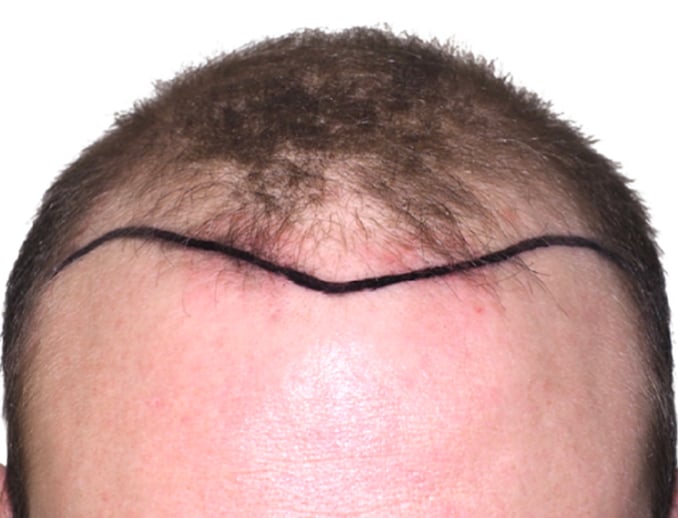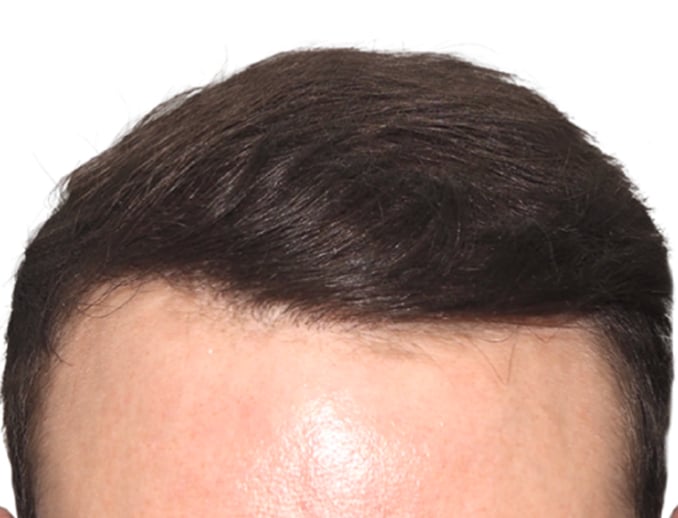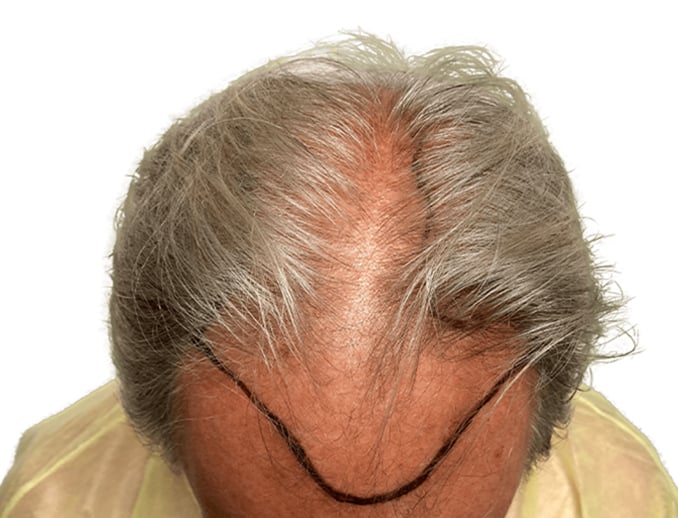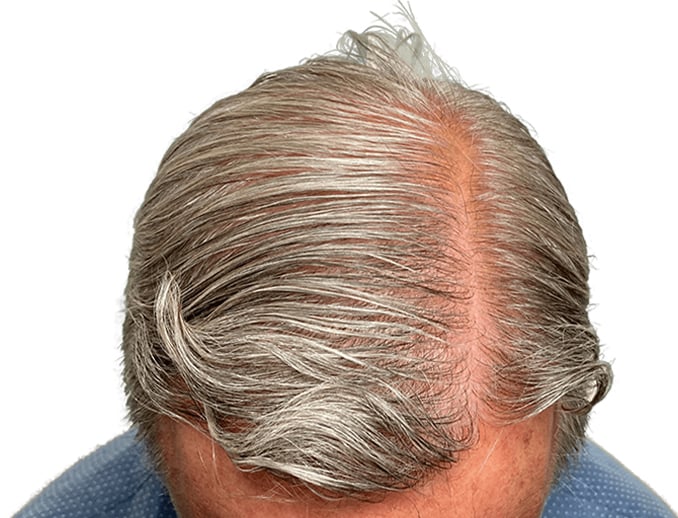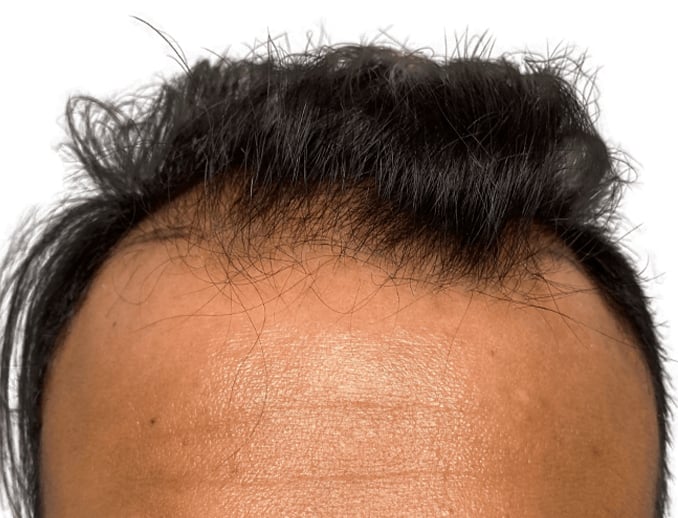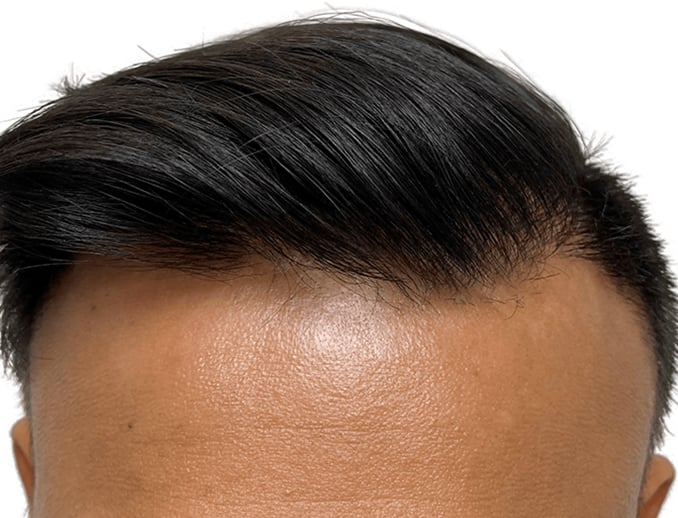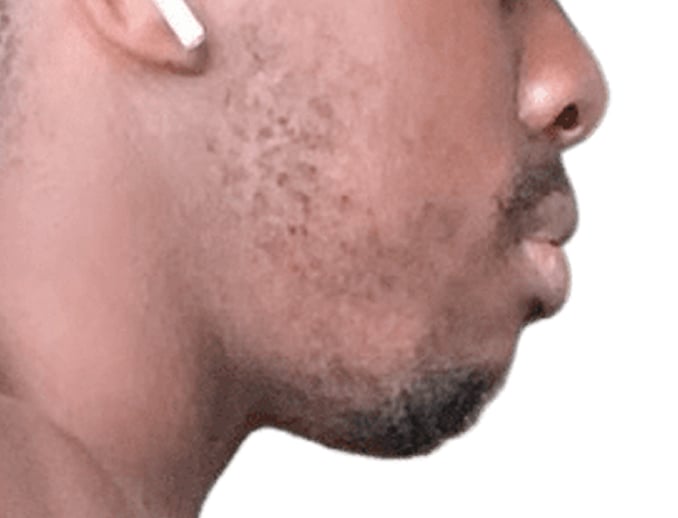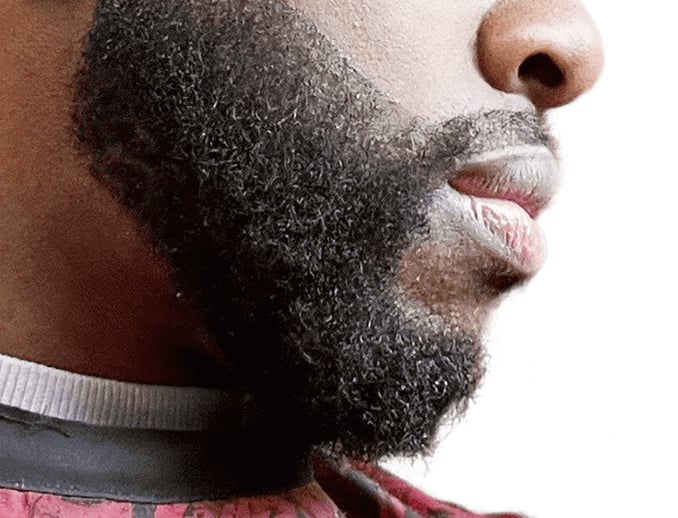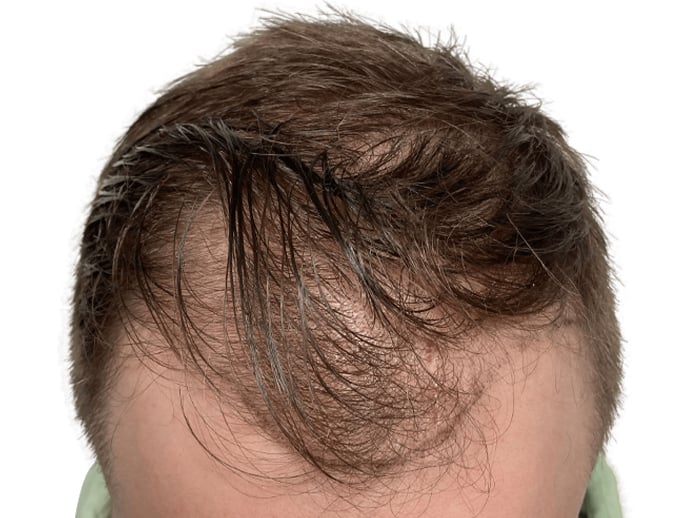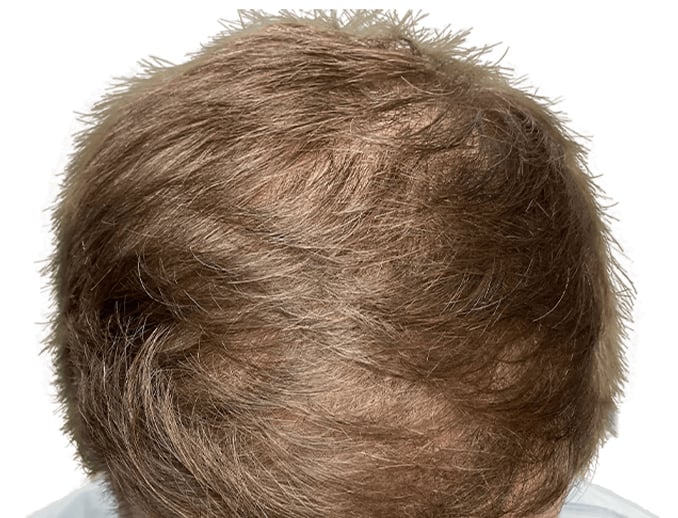The Causes and Effects of Hair Loss
Hair loss can occur for a variety of reasons, both temporary and permanent. Understanding the different causes and effects of hair loss can help determine the best treatment options.
Genetics
Androgenetic alopecia, commonly known as male or female pattern baldness, accounts for most cases of progressive hair loss. This type of hair loss is hereditary and usually follows a predictable pattern, like a receding hairline or thinning crown. Genetic hair loss is linked to dihydrotestosterone (DHT), a byproduct of the male hormone testosterone. DHT causes hair follicles to shrink and interrupts growth cycles.
Hormones
Hormonal imbalances or shifts related to puberty, pregnancy, menopause, and other life stages can trigger hair loss. Post-pregnancy hair loss is common due to plummeting estrogen levels. Menopause hair loss is also linked to decreasing estrogen. These hormonal effects are often temporary.
Stress
Both physical and emotional stress can negatively impact hair growth cycles and cause excessive shedding or thinning. Stress triggers the release of hormones like cortisol, which throws off hair follicle function. Telogen effluvium is a form of stress-induced hair loss.
Medical Conditions
Certain medical conditions like thyroid disorders, autoimmune diseases, iron deficiency anemia, and systemic illnesses can cause hair loss as a side effect. People undergoing chemotherapy often experience dramatic hair shedding. Scalp infections like ringworm may also lead to hair falling out in patches.
Medications
A wide range of prescription and over-the-counter medications are linked to hair loss as a potential side effect. These include drugs used to treat cancer, arthritis, depression, heart disease, and more. Hair loss usually reverses after stopping the medication.
Poor Nutrition
Not getting enough protein, iron, zinc and certain vitamins can interfere with normal hair growth cycles. Extreme dieting or eating disorders may also contribute to nutrient deficiencies that affect hair health.
Aging
Some hair loss is simply due to aging processes. As we get older, hair follicles may shrink and hair growth cycles slow down or stop. Natural aging accounts for the progressive hair thinning often seen in older adults.
No matter the cause, premature hair loss can negatively impact self-image and self-esteem. People experiencing thinning hair often report feelings of embarrassment, low confidence, anxiety, and lowered libido.
The good news is, hair restoration procedures like transplantation can help restore your natural hairline and give you back the confidence you deserve.

